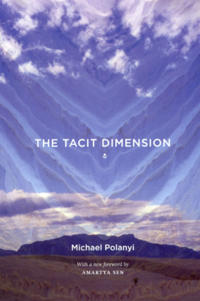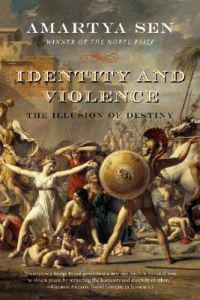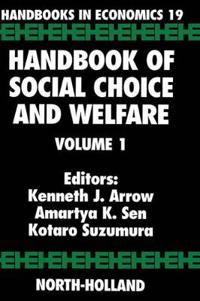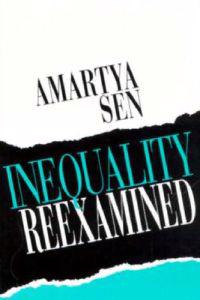The Tacit Dimension (Pocket)
avMichael Polanyi, Amartya Kumar Sen, Michael Polanyi
ISBN: 9780226672984 - UTGIVEN: 200905'I shall reconsider human knowledge by starting from the fact that we can know more than we can tell', writes Michael Polanyi, whose work paved the way for the likes of Thomas Kuhn and Karl Popper. "The Tacit Dimension", originally published in 1967, argues that such tacit knowledge - tradition, inh[...]
Identity And Violence (Pocket)
avAmartya Kumar Sen
ISBN: 9780393329292 - UTGIVEN: 200702Arguing that the violence of today's world is as much as factor of misunderstanding as it is of cultural differences, a Nobel Laureate explains that modern conflicts have origins in illusions about identity, morality, and other factors, in an account that presents the author's vision of how the worl[...]
Handbook of Social Choice and Welfare (Inbunden)
avKenneth J. Arrow, Amartya Kumar Sen, Kotaro Suzumura
ISBN: 9780444829146 - UTGIVEN: 200208"The Handbook of Social Choice and Welfare" presents, in two volumes, essays on past and on-going work in social choice theory and welfare economics. The first volume consists of four parts. In Part 1 (Arrovian Impossibility Theorems), various aspects of Arrovian general impossibility theorems, illu[...]
Inequality Reexamined (Pocket)
avAmartya Kumar Sen
ISBN: 9780674452565 - UTGIVEN: 199503In this deft analysis, Amartya Sen argues that the dictum "all men are created equal" serves largely to deflect attention from the fact that we differ in age, gender, talents, physical abilities as well as in material advantages and social background. He argues for concentrating on higher and more b[...]






